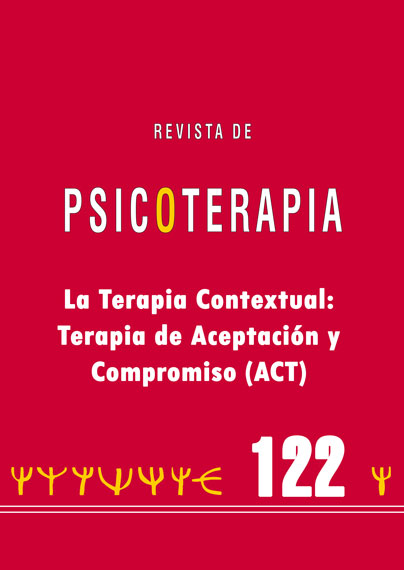A Brief Acceptance and Commitment Therapy Group Intervention on Systemic Lupus Erythematosus
DOI:
https://doi.org/10.33898/rdp.v33i122.1151Keywords:
systemic lupus erythematosus, acceptance and commitment therapy, third-generation therapies, functional contextualism, psychological interventionAbstract
Systemic lupus erythematosus (SLE) is a systemic autoimmune rheumatic disease of unknown etiology that mainly affects women of reproductive age. SLE causes a series of physical and psychological symptoms that, due to its chronic course, lead to a diminished quality of life. Acceptance and Commitment Therapy (ACT) is accumulating evidence supporting its usefulness in improving the psychological problems associated with SLE although research remains scarce. The aim of this study was to study the efficacy of a 10-hour brief ACT intervention protocol in group format in 15 patients with SLE from Navarra. Nine belonged to the experimental group (n1 = 9) and six to the control group (n2 = 6). Measures related to psychological flexibility processes and quality of life were taken before the intervention (pre), at the end (post), at one month and after three months (follow-up). The participants in the experimental group showed a substantial improvement in the degree of acceptance of pain and in variables focused on quality of life with respect to the control group. The improvements tended to be sustained over time. These results suggest that brief, group-based ACT interventions show promise for intervention in patients with SLE.









